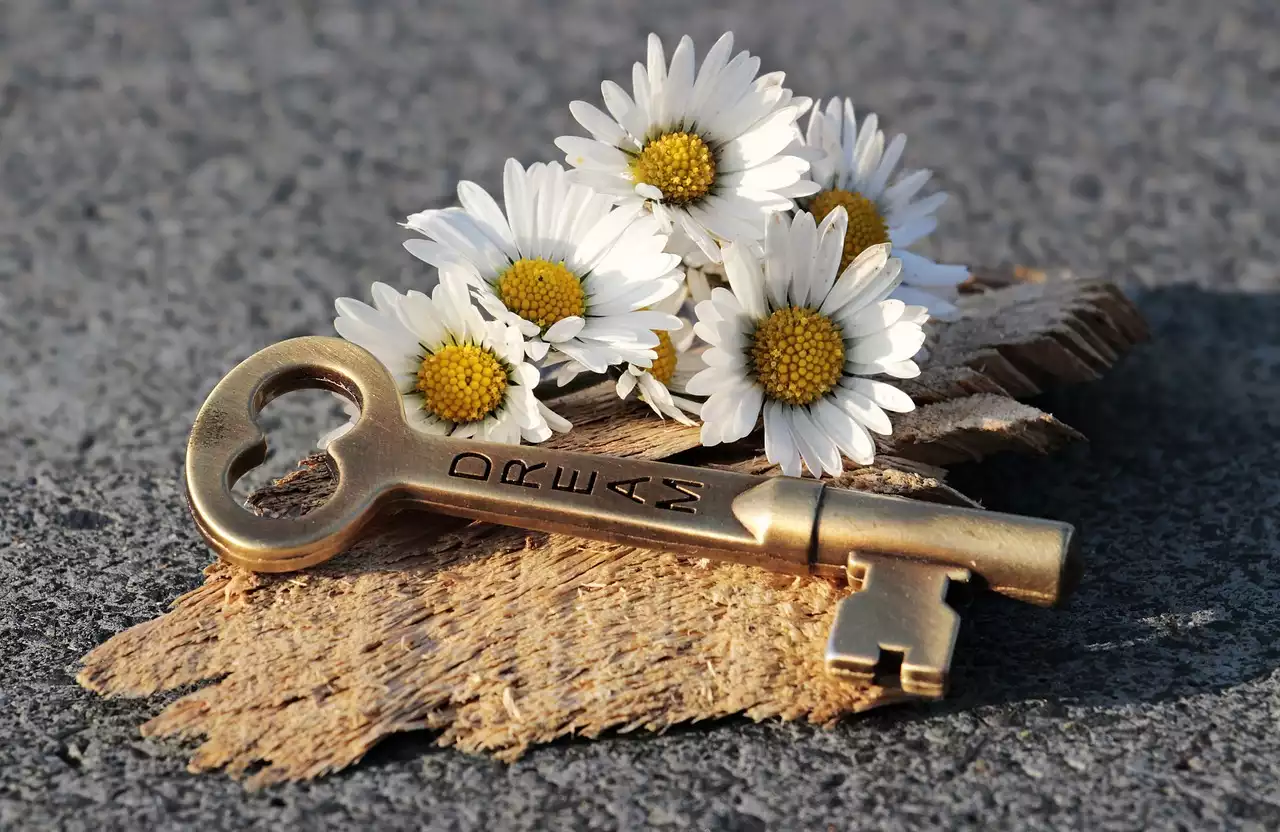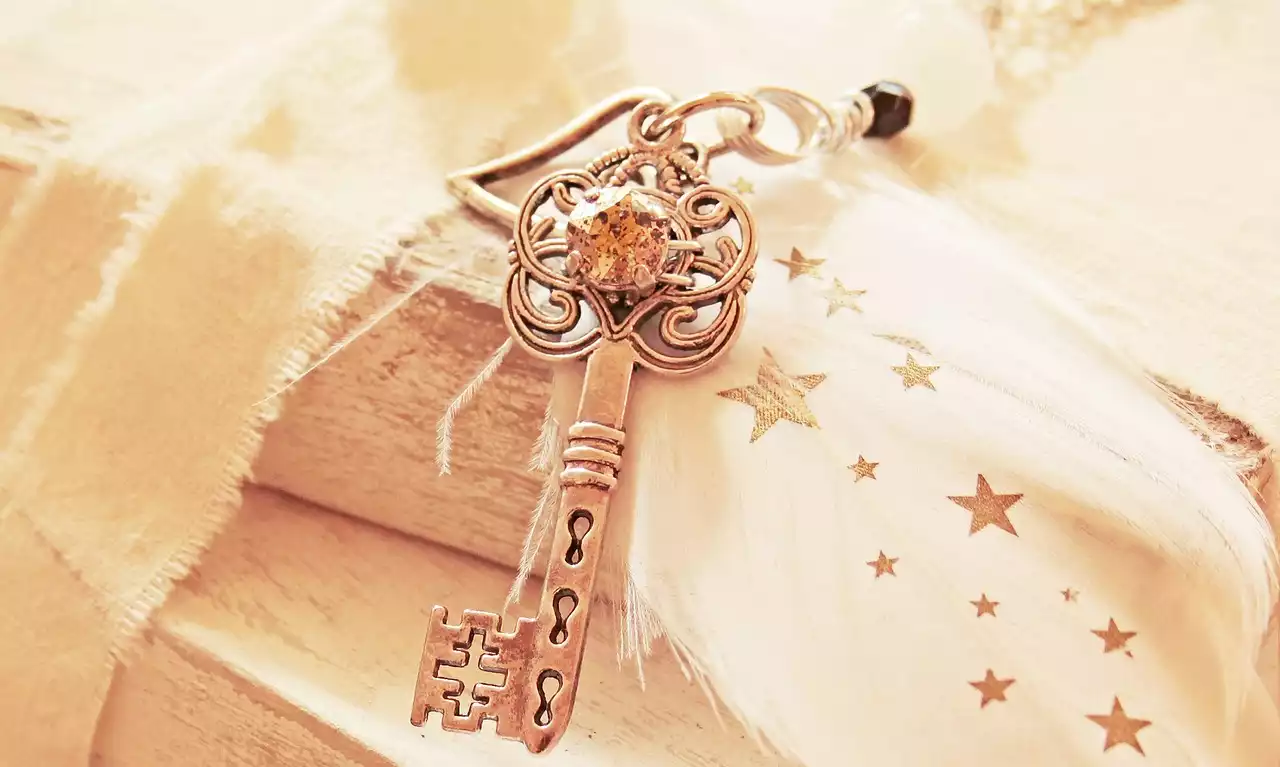Exploration of Non-Romantic Friendships
Some people prefer to maintain non-romantic friendships, while others have them evolve into romantic relationships. Non-romantic friendships allow you to explore relationships in a non-committal way until you are ready to take things to the next level. You can get to know someone and see if they are someone you want to pursue a romantic relationship with. If you decide you want to be in a romantic relationship with someone, you’re able to establish a friendship first. This allows you to get to know each other better, and you have the chance to see how you interact with each other. You might have different expectations or take the friendship in different directions than you would if you were just dating.
Benefits of Non-Romantic Friendships
Friends provide a source of social connection and enable us to feel less lonely. Even if you’re in a relationship, having friends can help to alleviate feelings of loneliness and isolation. Having a few close friends also provides you with a network of people who can help you cope with difficult times, celebrate success and offer support when needed. Friends can also help you to feel less stressed, improve your self-esteem, improve your mental health and even prolong your life. Friends provide us with an outlet to express our feelings, explore different perspectives and gain insights into our own behaviour. This can help us to make sense of troubling situations, deal with grief and disappointment and improve our ability to cope with life’s challenges. Friends can also help you to deal with anxiety, depression, self-esteem issues and provide support when you’re feeling stressed or overwhelmed. Having a strong support system can also help to improve your mental health and well-being. Friends can help you to increase your self-awareness and learn more about who you are as a person. By exploring your interests, values, goals and personality traits, you can benefit from having someone to reflect on your behaviours and offer feedback. Friends can also help you to identify your strengths and learn more about your limitations. Having friends who encourage you to stretch your comfort zone can help you to discover more about yourself and become a better person over time.
Types of Non-Romantic Friendships
You may enjoy going running together, playing ultimate Frisbee or attending concerts together. Recreational friendships can be a great way to meet people who share your interests and who you can connect with on a deeper level. These friendships can also be a great way to relieve stress and de-stress after a long day at work or school. This type of friendship is built around helping or volunteering together. You may choose to volunteer at a local food bank, an animal shelter or a children’s hospital together. You may also choose to volunteer your time to tutor kids who need extra assistance, help people who are going through a difficult time or assist people with physical disabilities. Service friendships can help to alleviate feelings of being selfish and can be a great way to give back to your community and make a positive difference in people’s lives.
Building Strong
Although it might be easy to be selective about who you befriend, it’s important to be open to making new friends. This can be done by joining a club or class that interests you or by volunteering in your community. You can also make an effort to talk to people you don’t know very well at work or school and be friendly, approachable and inclusive. Make an effort to be approachable and friendly to others. This can help you to make connections with people and feel more comfortable talking to those who you don’t know. Being approachable is also helpful for making friends who are more likely to approach you if you appear friendly and comfortable in your own skin. Communication is key in any relationship, but it’s important to be mindful of your communication style. If you tend to talk too much or interrupt other people, try to speak less and listen more. If you tend to avoid speaking or are more of a listener, try to speak up and get your voice out there. Being mindful of your communication style and adapting it accordingly can help you to make stronger friendships.
Nurturing
Feedback can help to identify areas where you can improve and grow as a person. It can also help you to learn more about your strengths and weaknesses and make improvements where necessary. Being open to feedback can help to build stronger non-romantic friendships. Being a good friend is important if you want to have strong non-romantic friendships. Being a good friend means being kind, supportive, trustworthy, dependable and having integrity. You can build stronger non-romantic friendships by making time for your friends and valuing their time together. While you can’t make all of your friends’ problems disappear, you can offer support when you can. This can include listening when someone needs to talk, giving words of encouragement and being a source of strength when needed.
Ways to Make Meaningful Connections
By joining a club or class that interests you, you have a greater chance of making friends who share your interests. You may even find potential romantic partners who share your interests. By volunteering in your community, you have the chance to meet people who are also interested in volunteering. You may also have the chance to engage in meaningful conversations with people who are focused on making a positive difference in the world. While small talk may seem trivial, it can be a great way to start a conversation with a fellow coffee shop patron, a colleague or someone at the grocery store. It can help you to get to know people in your community and can even lead to meaningful relationships. By joining an online community, you have the chance to make meaningful connections with people who share your interests. You may even find potential romantic partners who share your interests.










.png?size=50)